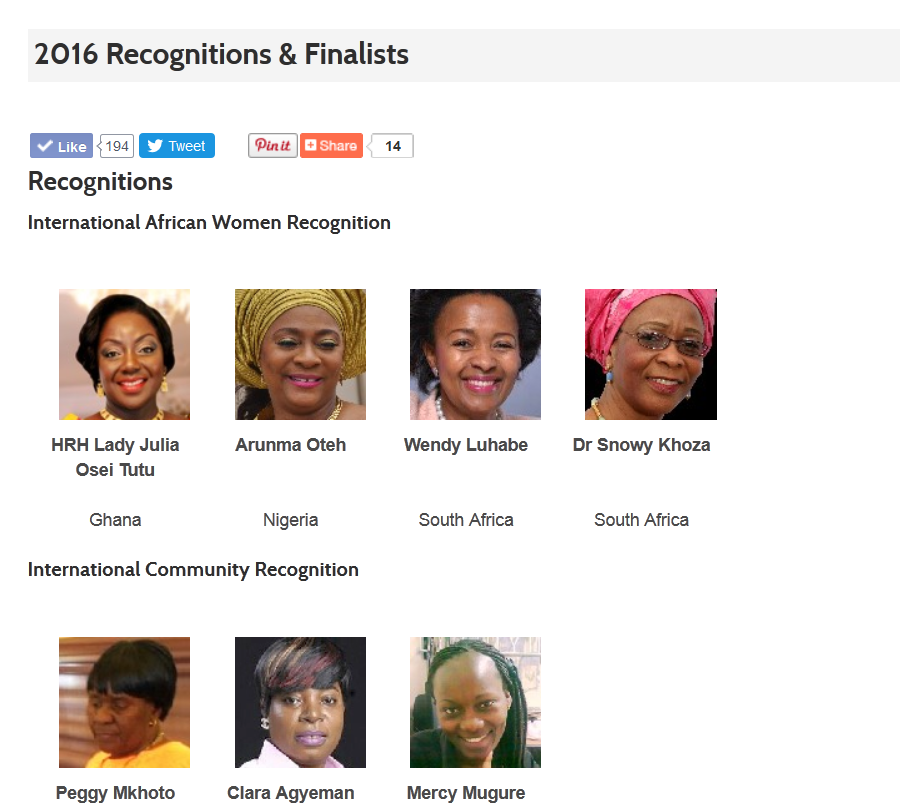
About 2 weeks ago I was approached to consider joining the Board of World Rugby which I am exploring but that’s not what I have been asked to share this morning. I have been asked to discuss Economic Activism.
How many people have come across the term Economic Activism? A few years ago I was looking for a title that better describes and reflects what I do, my work and my passion over the last 25 years. I decided, given that there are political activists, environmental activists, social activists etc, that I needed to pioneer the idea of an economic activist and therefore I declared myself one, and I use the title on my business cards. Pretty cool don’t you think? Well I think so!
What is my definition of Economic Activism?
Economic Activism involves using economic power for change, it focuses on the idea of using one’s wealth to represent one’s values and seeks to transform an exploitative economic structure. Economic activism is needed now more than ever given the current state of the economy, and the economic inequality that exists in the world. (What do I mean by wealth?) I am referring to financial resources of course but more importantly, I am referring to what most of us have – that is Knowledge, Experience, Wisdom, Time and Skills that we can use to enable others to improve their lives, change their circumstances, their prospects and progress in life.
I would like to advocate for two models.
Firstly, Economic activism through financial resources can be a contribution towards education, charities addressing various causes, socially responsible investing, or a collaborative sharing of resources. For example, participation of women through Wiphold more than 20 years ago.
Socially responsible investments involve investing to drive changes in the marketplace. For example, Wendy Appelbaum took on the Micro lending industry for exploiting poor people and charging them obscene interest rates. This kind of investing should not just be limited to the wealthy in society, it can be done by any concerned citizen who considers themselves a champion for economic justice. We have a responsibility to influence relevant social issues in society e.g, the crisis in education. For example, in 2015 I became a business partner in an initiative pioneered by Partners for Possibility to share my leadership experience with a school in Daveyton.
Secondly, Economic Activism through mentorship of younger generations, giving away clothes through charity in order to help new graduates who cannot afford work-clothes, giving away toys that our children have outgrown, or serving leftover food to the hungry / less fortunate.
The principle behind economic activism is that of sharing, collaboration, giving, empowerment and helping each other to create the kind of communities we want to live in, where everyone thrives and enjoys a decent quality of living.
Ultimately, we need to use our influence to build responsible economies, to reinforce good behaviour and remove economic exploitation from society. This can only be achieved if you and I become Champions of positive change wherever we witness an injustice. Too many businesses are built by exploiting ignorant, uneducated and unsuspecting consumers. When I grew up it was higher purchase, in the last 30 years it has been Micro lending for example.
To conclude, allow me to borrow from Charlene Fadirepo who proposes 4 strategies for everyday economic activism.
Overall
Economic activism begins with you and I taking responsibility about how we spend our most important resources – time, money and knowledge / vision / experience. It does not matter if we have a little or a lot, those three resources are the tools we have to shape our lives.
Charlene’s 4 Strategies are the following:
1. Live within our means – this is something my mother taught me at a young age. Financial management and financial intelligence are critical tools in life.
2. Support businesses that are responsible – In Africa we consume things that we do not make and we make things we do not consume. We need to change this equation. We must support businesses which reflect our values and principles. Businesses that do not respect our patronage do not deserve our time or money. (Let me unpack what I mean). $1 circulates in Asian Communities for a month, in Jewish Communities about 20 days, in White Communities about 17 days and guess how long in Black Communities? 6 hours.
3. Invest to career advancement and personal development. We all have gifts but they need to be developed.
4. Build wealth for our family.
We should take responsibility to learn about managing money effectively, controlling debt, save from our earnings and acquire assets that grow over time.
In closing, let me remind you that South Africa’s Apartheid system was brought to its knees by economic boycotts of the 70’s and 80’s. Economic activism therefore is a powerful tool for change.
I would welcome your thoughts and reflections. Thank you ladies and gentleman for lending me your ears.
Wendy Luhabe
March 2016



